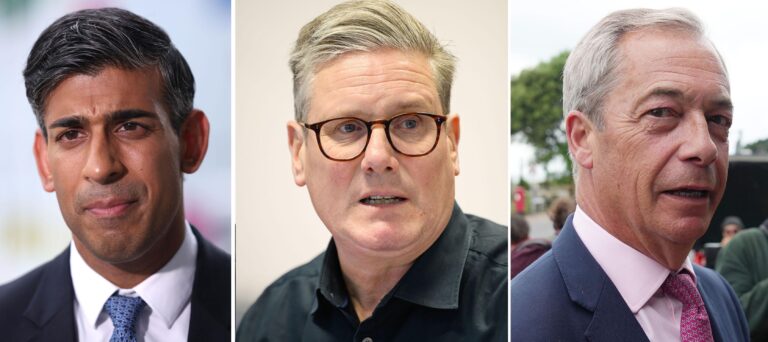Leaders of the United Kingdom, France, and Germany have jointly called for an immediate de-escalation of the ongoing conflict in the Middle East. Addressing rising tensions and escalating violence, the three European powers emphasized the urgent need for dialogue and restraint to prevent further humanitarian fallout. Their coordinated appeal underscores the growing international concern over the deteriorating situation and highlights efforts to foster stability in the region.
Leaders of UK France and Germany Call for Immediate Ceasefire and Humanitarian Aid
The heads of state from the United Kingdom, France, and Germany have jointly appealed for an immediate halt to hostilities in the ongoing Middle East crisis, underscoring the urgent need to prioritize civilian protection and humanitarian assistance. In a rare display of unified diplomatic pressure, the leaders emphasized that the continuation of armed conflict only exacerbates human suffering and destabilizes the region further. They called on all parties involved to observe an immediate ceasefire to enable safe delivery of essential aid and medical supplies to the most affected populations.
The trio also outlined key components necessary to support peace efforts moving forward:
- Unhindered humanitarian access to conflict zones
- Protection of critical infrastructure including hospitals and water supplies
- Establishment of dialogue channels among conflicting parties
- International coordination to ensure effective distribution of aid
| Country | Primary Focus | Recent Diplomatic Action |
|---|---|---|
| United Kingdom | Ceasefire enforcement | Sponsored UN resolution proposal |
| France | Humanitarian corridors | Coordinated aid deliveries |
| Germany | Conflict mediation | Facilitated peace talks |
Diplomatic Strategies Proposed to Ease Tensions and Foster Dialogue in Middle East
Amid escalating tensions in the Middle East, the leaders of the United Kingdom, France, and Germany have jointly proposed a multifaceted approach aiming to reduce hostilities and promote meaningful dialogue among conflicting parties. The strategy centers on establishing immediate ceasefire agreements paired with the initiation of backchannel diplomacy to open lines of communication quickly and discreetly. Their proposal emphasizes the importance of engaging regional actors and international organizations to create a coordinated response that addresses both security concerns and humanitarian needs.
Key diplomatic measures highlighted include:
- Facilitated peace talks under the auspices of the United Nations, focusing on incremental confidence-building steps
- Economic incentives to encourage de-escalation, including targeted sanctions relief linked to progress
- Humanitarian corridors to ensure safe passage for civilians and aid deliveries
- Regional security dialogues involving neighboring states to address broader stability concerns
| Measure | Expected Outcome | Timeline |
|---|---|---|
| Ceasefire Agreements | Immediate reduction in hostilities | Within 1 week |
| Backchannel Diplomacy | Reestablished communication channels | 2-3 weeks |
| Humanitarian Corridors | Safe aid delivery and civilian protection | Ongoing |
European Leaders Emphasize Multilateral Cooperation and Long-Term Conflict Resolution Efforts
European leaders from the United Kingdom, France, and Germany have jointly highlighted the critical need for sustained multilateral cooperation in addressing the recent escalation in the Middle East. Emphasizing dialogue through established international frameworks, these leaders advocate for coordinated diplomatic initiatives aimed at reducing immediate tensions while fostering an environment conducive to peace talks. Their unified stance calls on global partners to prioritize collaboration over unilateral actions, underscoring that lasting solutions demand inclusive engagement from regional and global stakeholders alike.
Key pillars endorsed by the leaders include:
- Renewed commitment to ceasefire agreements
- Increased humanitarian aid facilitated through international organizations
- Joint monitoring mechanisms to prevent further escalation
- Support for long-term peacebuilding processes in affected areas
| Country | Primary Focus | Recent Initiative |
|---|---|---|
| United Kingdom | Diplomatic mediation | Hosting peace dialogue forums |
| France | Humanitarian aid | Coordinated relief shipments |
| Germany | Conflict prevention | Funding monitoring missions |
Insights and Conclusions
As tensions continue to mount in the Middle East, the call from the leaders of the UK, France, and Germany for de-escalation underscores the urgent need for diplomacy and restraint. Their unified appeal reflects growing international concern over the potential for further violence and regional instability. Observers will be closely watching how these diplomatic efforts unfold in the coming days, as the global community seeks a path toward peace amid a volatile and evolving conflict.



